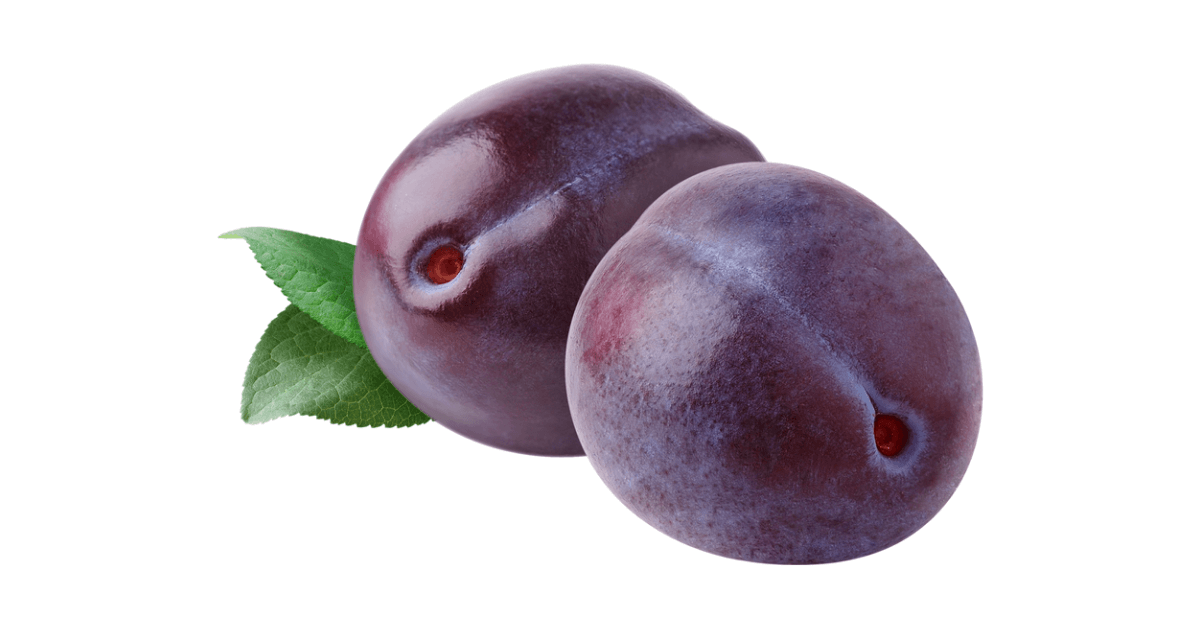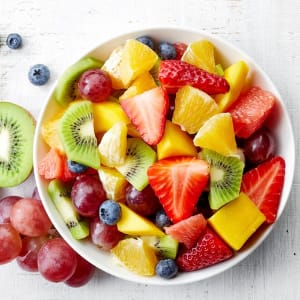They are delicious and can also cure diseases.
Fruits are not only delicious but also rich in vitamins and trace elements. They have extremely high nutritional value and are of great help to our health. Some fruits can also play a unique role in resisting and treating diseases and have good medicinal value. Fruits can also work like medicine.
Jerboa fruit

This fruit is spherical and purple-black. Because its appearance is very similar to that of grapes, but its fruit grows directly on the trunk of the tree, it is also called a tree grape. It is a fruit that combines beauty, health care, and medicine.
2. Leaves of Jiabao fruit
The leaves, fruits, and peels of Garbo fruit are rich in phenolic substances such as flavonoids, anthocyanins, and phenolic acids. They have strong antibacterial, anticancer, antioxidant, and anti-inflammatory properties. Clinical studies have shown that it is very effective in the treatment of diseases such as hypertension, coronary heart disease, cancer, diabetes, asthma, rheumatism, and rheumatoid arthritis. It has a good curative effect on diseases
3.Custard apple or Sugar apple
Also known as sugar apple, it is so named because its shape resembles the head of a Buddha statue. As a fruit, sugar apple has very high medicinal value.
Custard apple has the effect of activating brain cells and has an obvious auxiliary therapeutic impact on patients with brain atrophy. It also has anti-fungal and anti-parasitic effects. In addition, according to research, substances extracted from custard apples can also fight against 12 types of cancer cells, including pancreatic cancer, which is the most difficult to conquer in medicine. The roots of the custard apple tree can also treat mental depression, spinal cord bone disease and other diseases, so the status of the sugar apple in the fruit world cannot be underestimated.
4. Figs
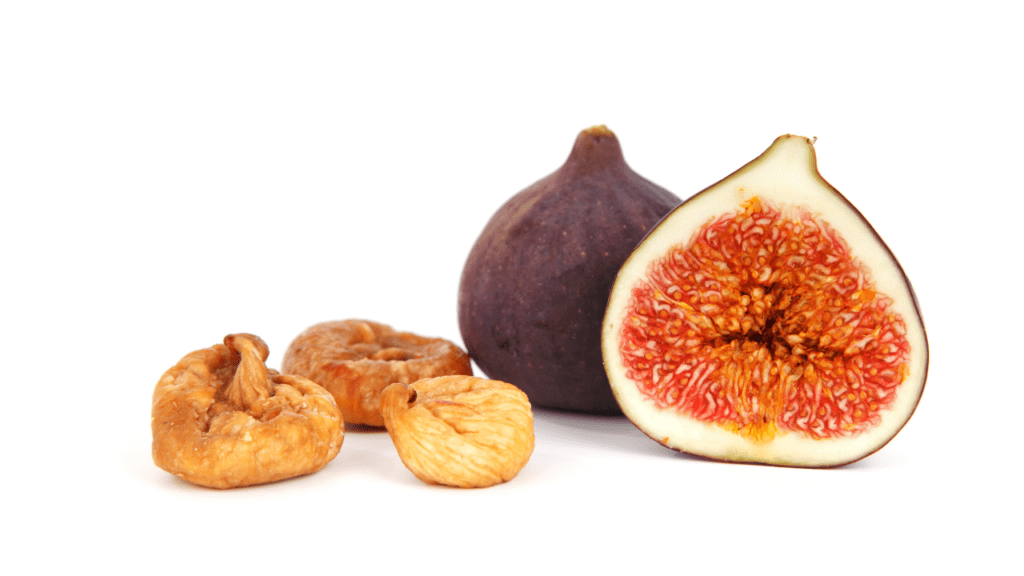
Figs, also known as “holy fruits”, are relatively common fruits that have the characteristics of promoting body fluids, quenching thirst, and beautifying the skin. They are rich in vitamin C and anthocyanins, which can delay ageing and inhibit pigmentation in the body.
5. Fig leaves
Moreover, fig leaves also have a good effect on treating haemorrhoids. Older adults often say that nine out of ten people have haemorrhoids. Many people prefer to endure itching, bloody stools, and pain because they cannot talk about it, but over time it may cause other diseases. In traditional Chinese medicine, dried fruits are used to stimulate appetite, stop diarrhoea, and treat sore throats. Uighur doctors use it as a medicine to nourish and strengthen the body, soften hard knots, strengthen the spleen and stomach, aid digestion, treat haemorrhoids, and remove rheumatism, with good results.
6. Ginkgo fruit
It is commonly known as ginkgo, so ginkgo is also called ginkgo tree. The ginkgo tree grows slowly and has an extremely long lifespan. Under natural conditions, it takes more than 20 years from planting to the time it bears ginkgo fruits, and it takes forty years before it can bear a large number of fruits. Therefore, some people call it the “Gong sun tree”, the longevity star among trees. , has ornamental, economic and medicinal value.
Eating ginkgo can inhibit bacteria and sterilize, relieve diseases and coughs, resist waterlogging and insect pests, stop turbidity and lower serum cholesterol. Ginkgo can reduce lipid peroxidation levels, reduce freckles, moisturize the skin and make the appearance beautiful. The flavonoid glycosides and flavones in ginkgo leaves are free radical scavengers, which can protect dermal cells, improve blood circulation, and prevent cells from being oxidized and causing wrinkles. However, since ginkgo itself is slightly toxic, you must pay attention to the correct way of eating it.
7. Acai Berry
Promotes heart health: Acai berries are extremely high in anthocyanins – an antioxidant that helps balance cholesterol levels.
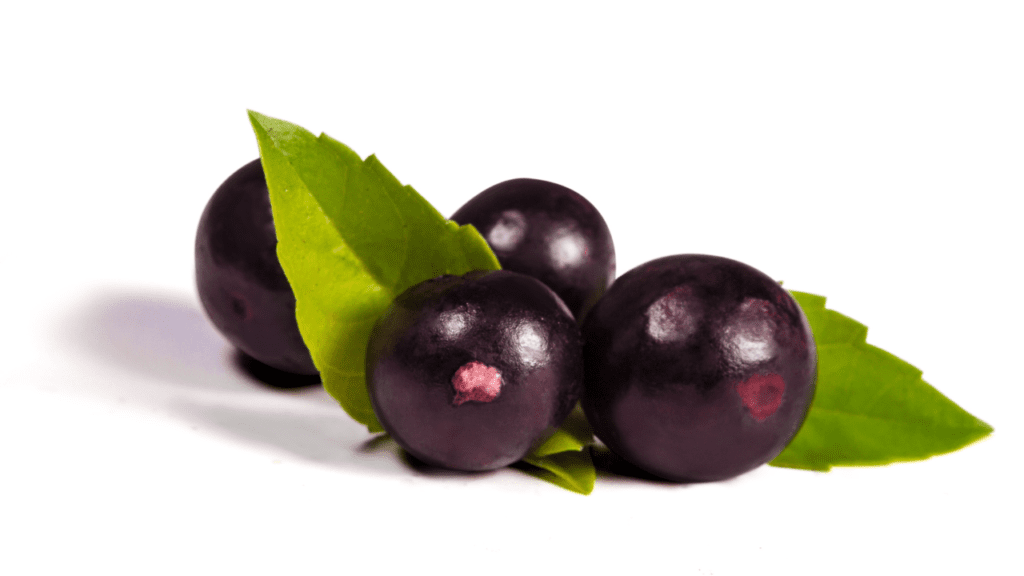
Fights off harmful organisms: The same antioxidants team up with plant compounds to fight destructive free radicals, which are responsible for damaging illnesses and diseases, including heart disease.
Can help with weight loss: An interesting study found that the pulp of acai berries has the effect of reducing fat deposits in the human body, making acai berries an excellent choice for weight loss. Start your morning off right by topping waffles or pancakes with frozen fruit. If you like to eat cereal and oatmeal, you can choose to add frozen fruit pulp, juice or fruit powder for extra nutrition. You can also use juice as part of a smoothie recipe.
8. Apple
As the saying goes: “An apple a day keeps the doctor away.”
Promotes heart health: Apples contain a type of soluble fibre called pectin, which has been linked to lowering bad cholesterol levels.
Helps reduce the risk of type 2 diabetes: Women who eat at least one apple a day are reportedly 28% less likely to develop type 2 diabetes because apples contain soluble fibre — the key to curbing blood sugar fluctuations.
Prevent respiratory problems: Likewise, eating five or more apples per week is linked to improved lung function, most likely because apple skins contain an antioxidant called quercetin.
If you don’t like crunchy apples, you can make apple water! Just toss a few chopped apples and a few sticks of cinnamon into your favourite pitcher and pour yourself a glass, or replace an unhealthy midday snack with an apple. This fibre-rich fruit has been proven to help maintain weight by keeping you fuller for longer.
9.Avocado
Also known as “avocado,” this fruit has many heart benefits.
Healthy heart: Avocados are rich in heart-healthy monounsaturated fatty acids, which can help lower blood cholesterol by replacing saturated fat. Low blood pressure: Avocados have 4% more potassium than bananas, which are known for their high potassium content. Multiple studies have shown that high potassium intake may help lower blood pressure, a major risk factor for cardiovascular disease and kidney failure. Great for eyesight: Avocados contain lutein and zeaxanthin – two phytochemicals that provide antioxidant protection and minimize damage to cells from things like UV rays.
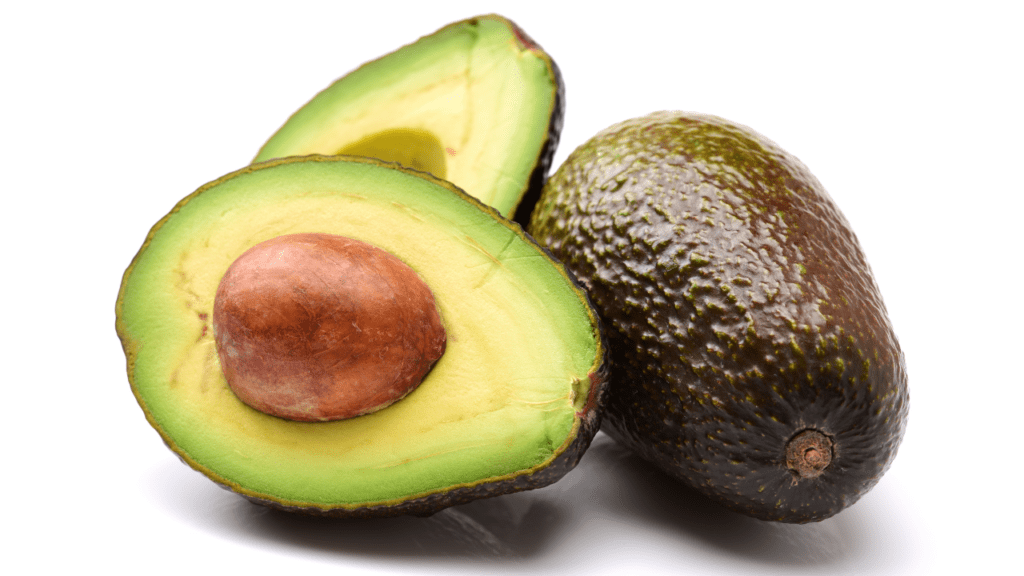
Bone Health: Half an avocado provides about 1/4 of the recommended daily intake of vitamin K — an often-overlooked nutrient that is critical to bone health.
How to add avocado to your diet
Make an avocado spread and pair it with toast for a rich, velvety texture (but without the cholesterol).
If you need a midday snack, why not opt for an avocado smoothie? Mind you, this is a delicious and healthy treat.
10. Pomegranate
Pomegranates are a treasure among fruits – cut a pomegranate open, and you’ll see dozens of tiny seeds that sparkle like rubies. You’ll be happy to know that this fruit isn’t just beautiful to look at; it’s also packed with nutrients. Impressive anti-inflammatory properties: Pomegranate has powerful anti-inflammatory properties. Test-tube studies show it can reduce inflammatory activity in the digestive tract.
Helps maintain healthy blood flow: Pomegranates contain some iron, a mineral our body needs to make red blood cells. Iron deficiency can cause anaemia, leading to symptoms such as fatigue, dizziness, and weakness.
Protect memory and brain function: Research reports that pomegranate seeds and pomegranate juice are rich in polyphenols, which are beneficial to memory and other cognitive abilities. A small study suggests that pomegranate juice may play a potential role in memory function by increasing task-related brain activity in older adults.
How to add pomegranates to your diet
Next time you’re looking for a healthier dip for a meat dish, consider making your cranberry pomegranate sauce! It will become a sweet addition to your dishes.
Have some pomegranate juice! You can make your pomegranate juice by blending pomegranate seeds in a blender, or you can buy a bottle of pomegranate juice from the supermarket. Be careful not to add sugar or additives.
11. Kiwi fruit
Kiwi’s super fruit status lies in its rich vitamin C content. In fact, it has one of the highest vitamin C contents of any fruit. Helps Digestion: Kiwi fruit contains a lot of fibre, which is good for digestion. It’s also low in fermentable oligosaccharides, disaccharides, monosaccharides, and polyols (also known as FODMAPs), making it suitable for people with IBS.
Strengthens the immune system: Vitamin C is an important nutrient that strengthens the immune system to fight off disease. Just one cup of kiwi provides about 273% of the recommended daily intake of vitamin C, which strengthens the immune system.
11.1 Healthy Skin:
The vitamins (C and E) contained in kiwi fruit are said to be good for the skin as they act as antioxidants and prevent skin degradation. Vitamin C is essential for collagen synthesis, the process of making collagen.
How to add kiwi fruit to your diet
Mix kiwi slices with bananas, grapes, yoghurt and citrus juice. Top it with oatmeal for a crunchy and delicious treat – it sounds like the perfect way to start the day.
12. Papaya
Papaya is loved by many in the region for its smooth texture and just the right amount of sweetness. Prevent retinal degeneration: The antioxidants lutein and zeaxanthin in papaya can filter out harmful blue light, protect eye health, and resist damage caused by retinal degeneration. Aids Digestion: Papaya contains high amounts of fibre and water, both of which help prevent constipation and promote a healthy digestive tractate-cancer: Several studies have shown that papaya has anticancer properties, which appear to stem from its ability to reduce free radicals that cause cancer. Mix papaya with water and lemon juice to make papaya sorbet, then freeze. Serve with fresh papaya to cool down on a hot day.
Add papaya chunks to chicken, tuna or shrimp salads to add a touch of sweetness and balance the saltiness of the meat.
13. Blueberry
These delicious blue gems may be small, but they sure pack a punch. Blueberries may be small, but they are one of the most powerful sources of antioxidants among fruits. Healthy Heart: Studies show that the high levels of anthocyanins in berries may help fight plaque buildup in the arteries and improve cardiovascular health. Additionally, the antioxidants in blueberries have been linked to lowering levels of oxidized low-density lipoprotein (often referred to as “bad” cholesterol), a major risk factor for heart disease.
May help protect the brain: Blueberries may help improve memory and delay cognitive problems that often occur with ageing. Research on blueberry intake suggests this may be due to the high amounts of antioxidant nutrients blueberries contain, which help protect nerve cells from oxygenation damage.
13.1 Reduce Free Radical Damage
DNA damage is part of the reason we age, and it also plays a role in the development of diseases like cancer. Since blueberries contain high amounts of antioxidants, they can help neutralize some of the free radicals that cause damage to our DNA.


